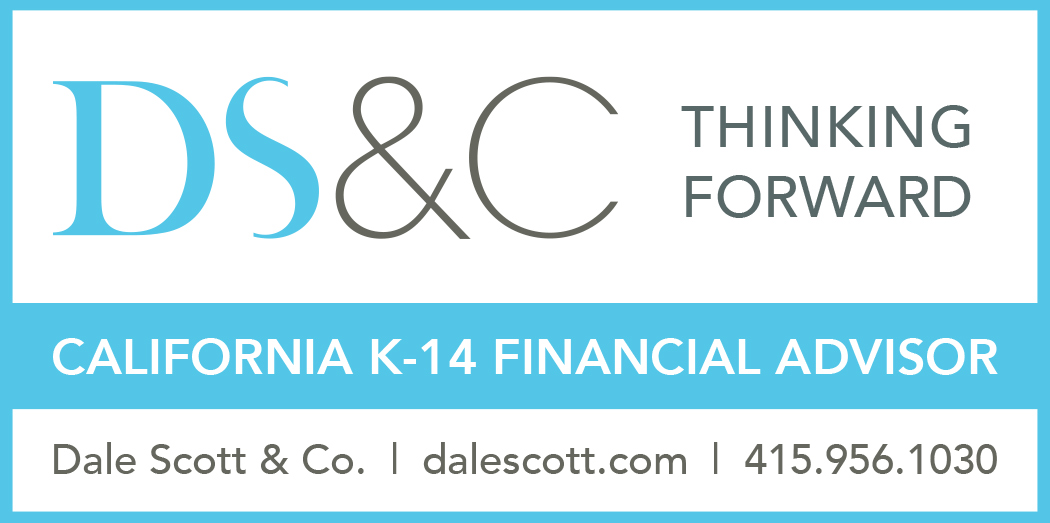“The delta variant behaves uniquely, differently, from past strains of the virus that cause COVID-19,” said CDC Director Dr. Rochelle Walensky in a press call. “Information on the delta variant from several states and other countries indicate that, in rare occasions, some vaccinated people infected with the delta variant after vaccination may be contagious and spread the virus to others.



The lawsuit, which was filed on Nov. 30, 2020, claims that low-income students of color have been further left behind academically during the COVID-19 pandemic by disparate access to educational opportunities and digital resources, as some students struggled with obtaining the technology they needed to connect for distance learning and faced other barriers to engaging in remote schooling. The lawsuit also alleges that students have been harmed by schools that fail to meet required minimum instructional times and to provide adequate training and support to teachers.

Troy Flint | tflint@csba.org
Managing Editor:
Kimberly Sellery | ksellery@csba.org
Marketing Director:
Vacant
Staff Writers and Contributors:
Alisha Kirby | akirby@csba.org
Heather Kemp | hkemp@csba.org
Mike Ambrose | mambrose@csba.org
Graphic Design Manager:
Kerry Macklin | kmacklin@csba.org
Senior Graphic Designer:
Mauricio Miranda | mmiranda@csba.org
Susan Heredia | Natomas USD
President-elect:
Vacant
Vice President:
Susan Markarian | Pacific Union ESD
Immediate Past President:
Xilonin Cruz-Gonzalez | Azusa USD
CEO & Executive Director:
Vernon M. Billy
California School News (ISSN 1091-1715) is published 11 times per year by the California School Boards Association, Inc., 3251 Beacon Blvd., West Sacramento, CA 95691. 916-371-4691. $4 of CSBA annual membership dues is for the subscription to California School News. The subscription rate for each CSBA nonmember is $35. Periodicals postage paid at West Sacramento, CA and at additional mailing office. POSTMASTER: Send address changes to California School News, 3251 Beacon Blvd., West Sacramento, CA 95691.
News and feature items submitted for publication are edited for style and space as necessary.

As governance teams, we can use this realization to bolster support for community schools and improve our ability to serve the whole child, increase equity and strengthen the integration of schools with their surrounding neighborhoods. With that in mind, The Coalition for Community Schools identifies five conditions for learning that are necessary for successful community schools:
- The school has a core instructional program with qualified teachers, a challenging curriculum, and high standards and expectations for students.


CSBA issued an update to Board Policy and Administrative Regulation 6158 – Independent Study on July 20 so that local educational agencies may adopt them and be in compliance with AB 130.

Nominations must be made by a CSBA member board of education and each nominee must be a board member from a CSBA member district or county office of education. Nominees must submit a candidate statement and two letters of recommendation by the Oct. 1 deadline. Nominees may also submit an optional one-page, single-sided resume.
Family engagement strategies might include any or all the following characteristics:
- Informing: Increasing awareness of school, district and county office of education routines, activities, issues, policies, programs and performances.
- Educating: Providing accurate, up-to-date information to the community about current educational trends that affect the district or COE.
The FAQs provide information that may be used to help guide what can be difficult and controversial conversations.

Local educational agencies are also required by Oct. 29, 2021, to develop a Safe Return to In-Person Instruction and Continuity of Services Plan and an ESSER III Expenditure Plan detailing their proposed use of ARP ESSER funds to address opportunity gaps, and students’ academic, social-emotional and mental health needs. These plans must be developed with meaningful stakeholder engagement.
Board Vice President Ilene Straus said it will be important moving forward that local education officials craft plans thoughtfully with state and local data.

“When vaccination rates decline, we worry about an increase in vaccine-preventable diseases that can be harmful to children,” said Dr. Bradley Ackerson, a pediatric infectious disease specialist and lead author of a study examining the pandemic’s impact on childhood vaccinations published in Pediatrics. “Also, we know there has been a reduction in childhood vaccinations worldwide, and as COVID-19 restrictions are relaxed, there will be an increased risk of outbreaks due to vaccine-preventable diseases among children returning from outside the United States, unless children here are vaccinated.”

There’s still time to register for the CCBE Annual Conference Sept. 10–12 at the Hyatt Regency in Monterey. With both in-person and virtual options, this conference is specifically designed to address the issues unique to county offices of education and the students they serve. Both board members and county superintendents can also benefit from the learning opportunities at this inspiring event.
One of the conference themes will focus on increasing access to computer science education for underserved students. On Sunday, Sept. 12, the keynote will be delivered by Dr. Allison Scott, CEO of the Kapor Centerand Julie Flapan, from the UCLA Graduate School of Education and Information Studies and co-director of CSforCA. Their presentation will be followed by a panel discussion including two CS education leaders from COEs: Kat Goyette, Educational Technology and Integrated Studies staff development and curriculum specialist with the Tulare COE, and Stephen Callahan, STEM programs coordinator with the San Joaquin COE.
There’s still time to nominate an exemplary state or federal lawmaker for CCBE’s 2021 Legislator of the Year Award. The deadline is Wednesday, Sept. 1 at 5 p.m.
The award is presented to a state senator, assemblymember or congressmember who has been actively involved in legislation or legislative activities supporting the work of county offices of education and their programs. A nomination should include why the individual is being recognized and share the story explaining how the work they are doing supports COEs and their student populations. The nomination should include photos, supporting articles and/or other documentation and information about the legislation the nominee is supporting.
Completed nomination forms and documents can be emailed to ccbe@csba.org, faxed to (916) 371-3407 or sent by standard mail to 3251 Beacon Blvd., West Sacramento, CA, 95691. For more information and to download the nomination form, visit theccbe.org/Events/OutstandingLegislatorAward.
MIG COE Course 1: Foundations of Effective Governance/Setting Direction
MIG Course 2: Student Learning & Achievement/Policy & Judicial Review
MIG Course 1: Foundations of Effective Governance/Setting Direction
The Brown Act
MIG Course 3: School Finance
MIG Course 2
CCBE Annual Conference









